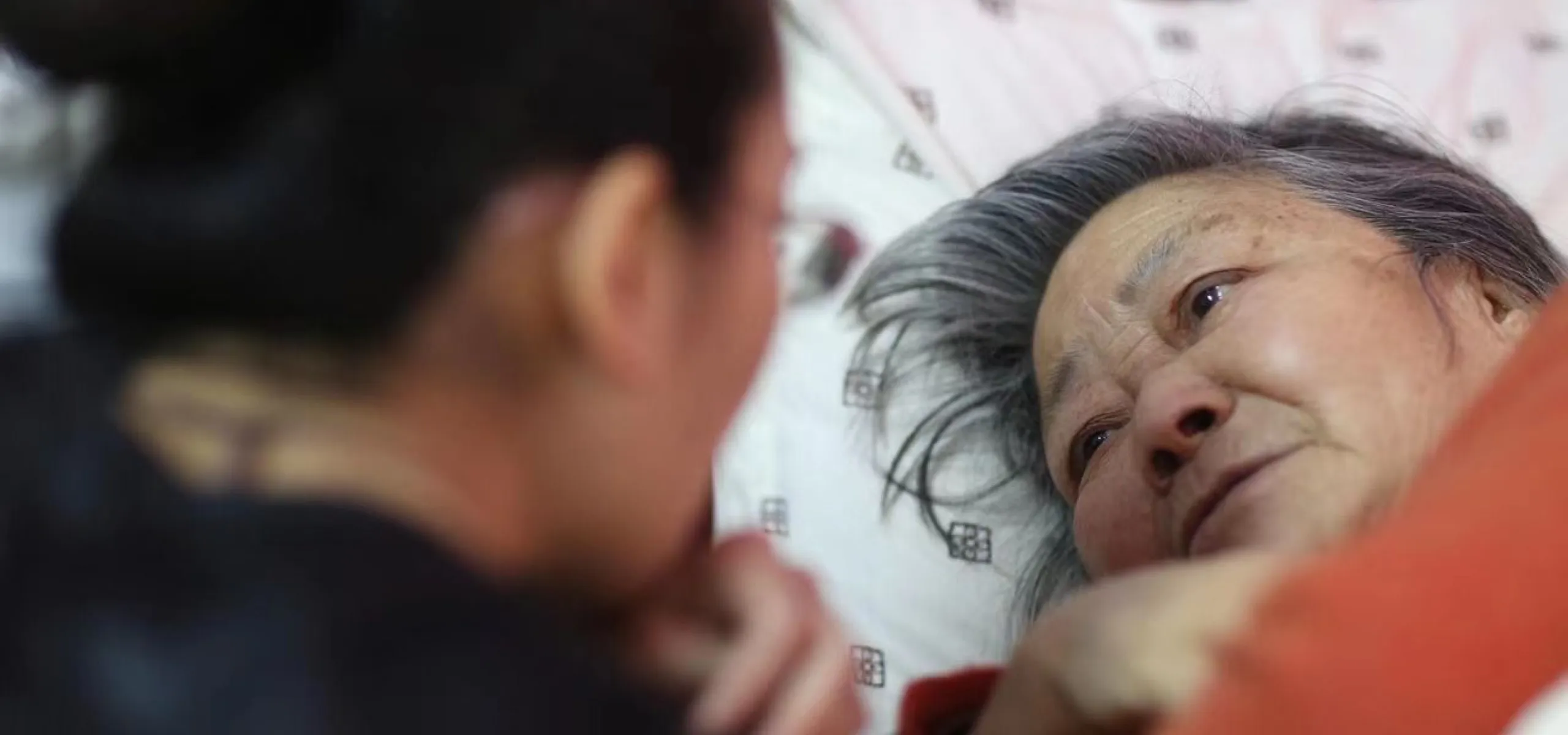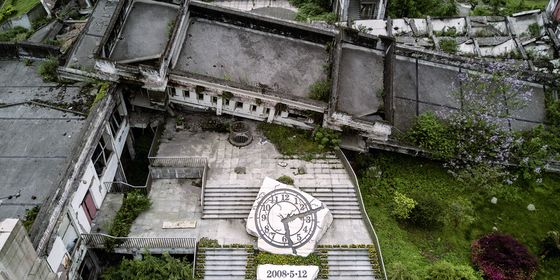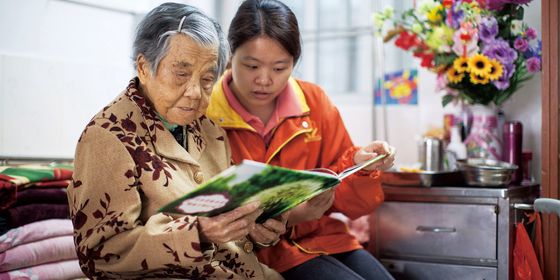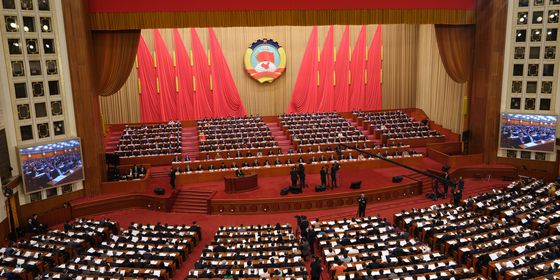NGO founder Wang Ying shares what’s ailing palliative care in China, plus her own battle with cancer
On May 12, 2008, the Wenchuan Earthquake, also known as the Great Sichuan Earthquake, killed nearly 70,000 people, injuring over 39,000 and leaving nearly 18,000 missing. The rescue missions in the aftermath of the quake were a test for China’s fledgling mental health sector, which deployed systematic psychological aid to the disaster area in northern Sichuan province for the first time in its history. One of the frontline psychiatric aid volunteers was a woman called Wang Ying.
Prior to 2008, Wang had actually worked in the advertising industry. She then became interested in psychology, studying at East China Normal University, and eventually became a psychological counselor. That’s also where she met Huang Weiping, who would become her husband as well as her partner in founding the Shanghai Hand in Hand Life Care Development Center.
In fact, 2008 also went down in history as an important year for the public welfare sector, with many nonprofit organizations set up right around that time. After the earthquake, Wang and Huang joined forces with fellow students to set up a psychiatric aid volunteer group to assist those stricken by tragedy. After returning from Sichuan, they decided to keep the group running, helping elderly patients facing the end of their lives at community hospitals around Shanghai. Today, Wang shares with us her experiences in the wards, the state of hospice care in China, and what her own brush with cancer taught her about living and dying.














